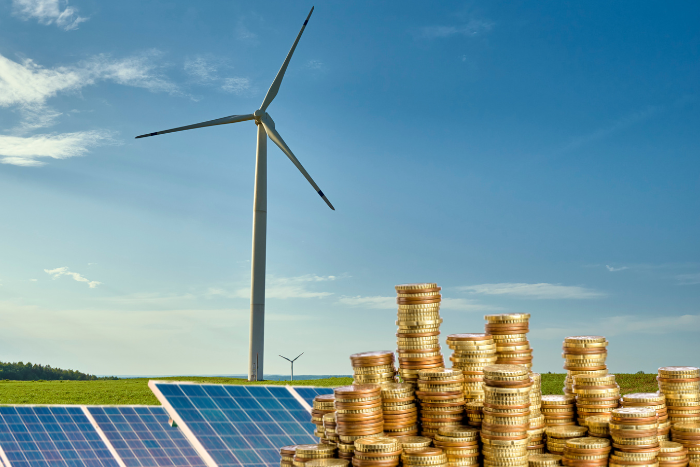As climate finance is set to take center stage at COP29, CarbonCopy brings you a weekly roundup of latest developments in the field
- Brazil, the host for COP30, has announced its updated Nationally Determined Contribution (NDC), becoming the second country after the UAE to do so. The updated NDCs aim to reduce Brazil’s net GHG emissions by 59% to 67% in 2035, compared to 2005 levels, leading emissions reduction to reach between 850 million and 1.05 billion tons of carbon dioxide equivalent in 2035. While experts are saying that Brazil’s NDCs leave much to be desired and are questioning its alignment to the 1.5°C goal, more details on the country’s NDCs will follow during COP29. Brazil said that to achieve these targets, economic instruments such as the Climate Fund, Sustainable Sovereign Bonds, Eco Invest Brasil, Brazilian Sustainable Taxonomy and the Tropical Forests Forever Fund will be used.
- Climate finance and climate actions are driven by political will. However, many country leaders are reportedly going to skip COP29. Prime Minister Narendra Modi is unlikely to attend the climate summit, citing “prior engagements”. Leaders from the United States, China, Japan, and Brazil have decided to skip COP29. Ursula von der Leyen, the head of the European Commission, will also not attend the summit. In addition to Leyen, other likely absences include French leader Emmanuel Macron and departing US President Joe Biden. According to reports, Luiz Inácio Lula da Silva, the president of Brazil, will also miss this year’s negotiations because of a head injury. South Africa, Australia, Japan, and China are some nations whose leaders might not be there.
- United Nations Environment Programme’s (UNEP) latest Adaptation Gap Report 2024 said that nations must “dramatically increase climate adaptation efforts, starting with a commitment to act on finance at COP29”. The report said that 2022 showed the greatest year-on-year absolute and relative increase in adaptation finance flows to developing countries which increased from $22 billion in 2021 to $28 billion in 2022. However, it is not even close to what is actually required as the actual adaptation financing needs for developing countries is a whopping $387 billion per year till 2030.
- According to another analysis, global investment in addressing and adapting to climate change has nearly doubled to $1.5 trillion between 2018 and 2022, but it must at least increase fivefold by 2030 in order to keep warming to 1.5°C. The report said that climate finance presently accounts for just 1% of global GDP, which is significantly less than what is needed. By 2030, emerging markets and developing economies (EMDEs) might require roughly 6.5% of their GDP to satisfy climate targets.
- Northern Arc—an Indian financial firm— has secured $65 million in debt commitments for its inaugural Climate Fund through its fund management arm, Northern Arc Investments IFSC Trust. The United States International Development Finance Corp (DFC) contributed $50 million to this funding, while the Development Bank of the Republic of Austria (OeEB) contributed $15 million. In order to fill significant funding shortages in India’s climate finance environment, the fund, which is targeted at growth-stage entrepreneurs, will concentrate on industries including solar energy, e-mobility, sustainable agriculture, and the circular economy.
- According to a report by the global blended finance network Convergence, climate-related investments in the blended finance sector hit a record US$18.3 billion in 2023, seeing a 120% increase from US$8 billion the previous year. This represented climate blended finance’s largest annual funding to date. With 80% of the entire market value, climate blended finance’s market capitalisation share in 2023 was also the highest it has ever been, surpassing the previous peak of 74% in 2021, the report said.
- The International Monetary Fund is sending a review team to Pakistan to evaluate its progress under the $7 billion bailout package agreed upon last month. At the meet, Pakistan intends to negotiate $1 billion in climate financing, along with discussing its ambition to produce 60% of its energy from alternative sources by 2030 and its environmental policies for clean air.
About The Author
You may also like
The G20 Has Outrun COP on Climate Finance
India needs targeted public finance to scale green steel production
India Pushes for Critical Minerals Circularity and Collective Action on Climate at G20
COP30 ends in chaos and compromise
India commits to revised NDC, shifts pressure back to rich nations to deliver on climate finance at COP30

